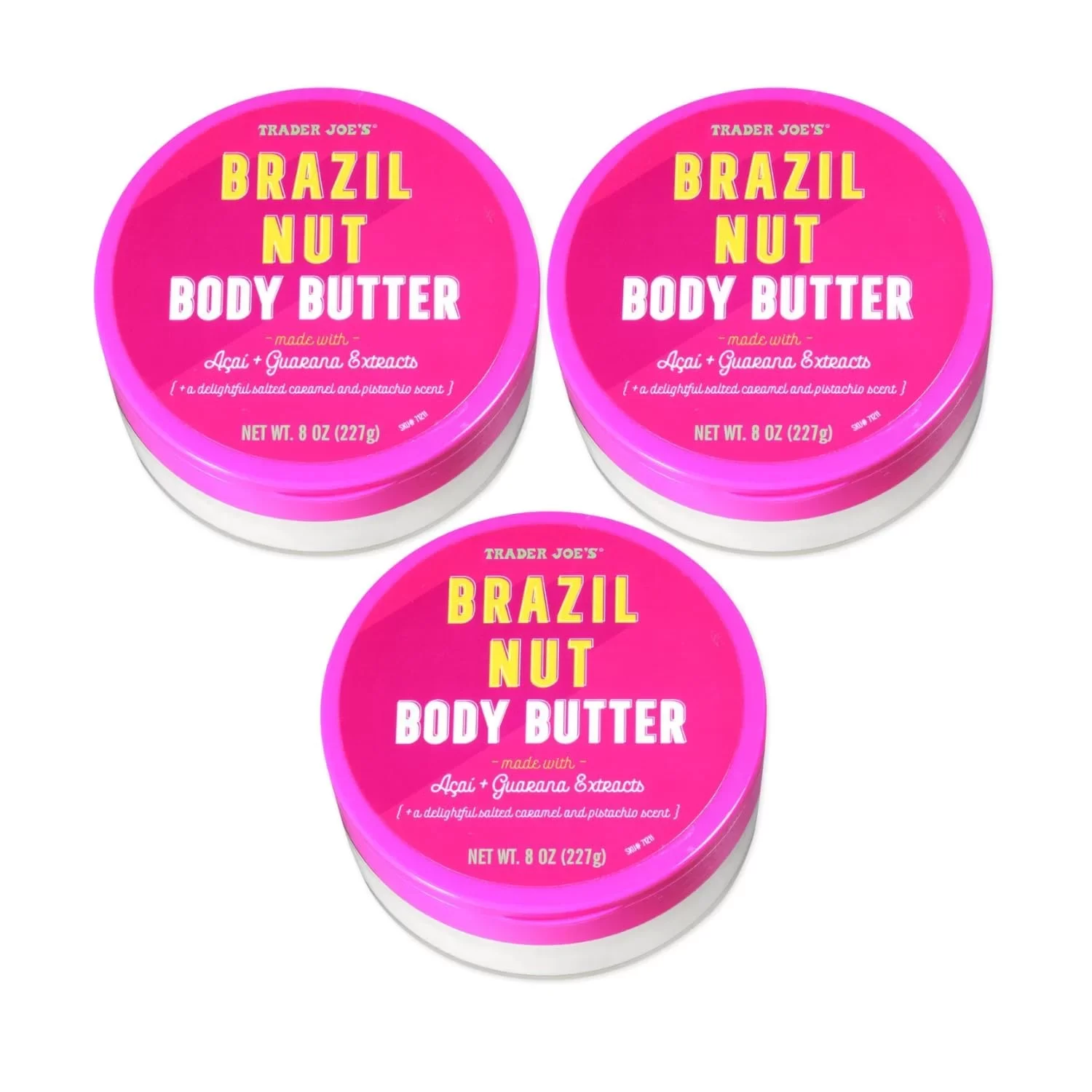
 By
Your Beauty Plug
By
Your Beauty Plug
Permanent makeup (PMU) is a form of cosmetic tattooing that enhances the appearance of the eyebrows, eyeliner, lips, and other facial features. PMU pigments are the colorants that are injected into the skin to create the desired effect. But not all PMU pigments are created equal. Some of them may contain animal-derived ingredients or be tested on animals, which can raise ethical and health concerns for some people. That’s why vegan permanent makeup pigments are becoming more popular among PMU artists and clients who want to avoid animal cruelty and enjoy the benefits of plant-based ingredients.
In this blog post, we will explain what vegan permanent makeup pigments are, how they differ from traditional pigments, what are their advantages and disadvantages, and what are some of the top vegan permanent makeup pigment brands. We will also answer some frequently asked questions about vegan permanent makeup pigments. Let’s get started!
Vegan permanent makeup pigments are colorants that are free from any animal-derived ingredients or animal testing. They are made from organic or synthetic compounds that are derived from plants, minerals, or other sources. Vegan permanent makeup pigments are certified by vegan organizations or labels that ensure their compliance with vegan standards.
Some of the common ingredients that are used in vegan permanent makeup pigments are:
Traditional permanent makeup pigments may contain animal-derived ingredients or be tested on animals, which can pose ethical and health issues for some people. Some of the animal-derived ingredients that may be found in traditional pigments are:
Animal-derived ingredients may cause allergic reactions, inflammation, or infection in some people, especially those who have sensitive skin or are prone to allergies. Animal testing may also involve cruelty, suffering, and death of animals, which can be unacceptable for some people who care about animal welfare and rights.
Vegan permanent makeup pigments do not contain any animal-derived ingredients or undergo any animal testing, which makes them more ethical and safer for some people. They are also more environmentally friendly, as they reduce the demand for animal products and the impact of animal agriculture on the planet.
Vegan permanent makeup pigments have some advantages and disadvantages that you should consider before choosing them for your PMU procedure. Here are some of them:
There are many vegan permanent makeup pigment brands that offer a wide range of colors, shades, and formulations for different PMU procedures and preferences. Some of the top vegan permanent makeup pigment brands are:
Here are some of the frequently asked questions about vegan permanent makeup pigments:
A: Vegan permanent makeup pigments are generally safe, as they do not contain any animal-derived ingredients that may cause allergic reactions, inflammation, or infection in some people. However, like any other PMU pigment, they may still have some risks or complications, such as infection, scarring, migration, or fading, depending on the quality of the pigment, the skill of the artist, the technique of the procedure, and the aftercare of the client. Therefore, it is important to choose a reputable and experienced PMU artist, follow the instructions and recommendations of the artist, and take good care of the treated area after the PMU procedure.
A: Vegan permanent makeup pigments can last for several months to several years, depending on the type of the pigment, the type of the procedure, the type of the skin, and the lifestyle of the client. Generally, organic pigments tend to fade faster than synthetic pigments, as they are more susceptible to the effects of sun exposure, skin exfoliation, and metabolism. Similarly, microblading tends to fade faster than machine tattooing, as it deposits less pigment into the skin. Additionally, oily, dark, or mature skin tends to fade faster than dry, light, or young skin, as it has more sebum production, melanin production, and skin turnover. Furthermore, factors such as smoking, drinking, swimming, sweating, or using harsh products can also affect the longevity of the pigmentation.
A: Finding a vegan permanent makeup artist can be challenging, as not all PMU artists offer vegan options or advertise their vegan credentials. However, there are some ways to find a vegan permanent makeup artist, such as:
I hope this blog post has been helpful and informative for you. If you have any questions or comments, please feel free to leave them below. Thank you for reading!




